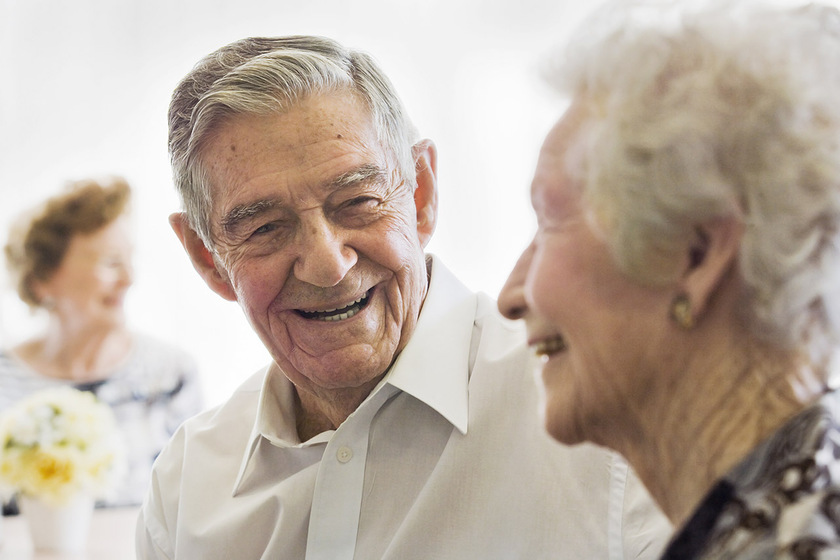The interesting thing is that as we become older, our desire for fast food declines. And that may be a gift in disguise, because the unfortunate thing is that as we age, our metabolism slows, causing the food we ingest to adhere to our systems for longer. Our eating preferences vary throughout time as our palates get more refined and we are introduced to a wider variety of cuisines. Here are some of the reasons why our food cravings vary as we get older.
Dehydration
Dehydration is a major concern among elders. One of the glaring indications of dehydration is sugar cravings. Your body’s capacity to efficiently utilize glycogen for energy storage in the muscles and liver is hampered by a lack of water intake. Your body will need sugar for an extra boost if you don’t have enough glycogen, which is why many older people may prefer sweets when they are thirsty.
Lack of Sleep
Lack of sleep can lead your body to create more cortisol, which is a stress hormone. Other hormones, including the feel-good brain chemical and the hunger hormones, might fluctuate as a result of increased cortisol release. Because of the hormonal imbalance, you may seek and binge on junk meals and comfort foods that make you feel good.
Consciousness
As we become older, we realize that we need to begin taking better care of our bodies. We become more sensitive when it comes to choosing ingredients that are good for us. That is why you may notice mom or dad eating something they don’t particularly enjoy but do so anyway, knowing that it is beneficial for their health.
Medical Conditions
Cravings for sweets can sometimes be the outcome of medical disorders or prescribed medications. For instance, diabetics may crave sweet foods as a result of low blood glucose levels. These desires can also affect individuals who don’t receive enough energy from carbs. You should also be aware that elderly individuals with dementia-related diseases may have a sweet tooth owing to a deterioration of taste perception.
Sense of Taste Decreases
As part of the normal progression of life, our senses gradually deteriorate, and various health problems can have a range of effects on these senses. While most people think of eyesight or hearing problems when they think of older adults, the perception of taste is also certainly affected.
When people lose their ability to taste, they may complain that they don’t have an appetite or insist on putting a lot of salt or sugar in their meals. The elderly who don’t receive enough carbs may try to make up for it by consuming sugary meals, which are more appealing to the taste receptors than the nuanced tastes found in healthy choices.
The decline in taste receptors we have as we age is interlinked with its sensitivity. Drugs and chronic health diseases such as Parkinson’s and Alzheimer’s disease can alter tastes and, as a result, increase selected food cravings. If older adults don’t get enough carbs to fulfill their body’s energy demands, they may crave sweeter foods. Urging elders to have a light bite even if they aren’t hungry, and incorporating healthy fats, grains, and protein can all help to prevent unhealthy cravings.







